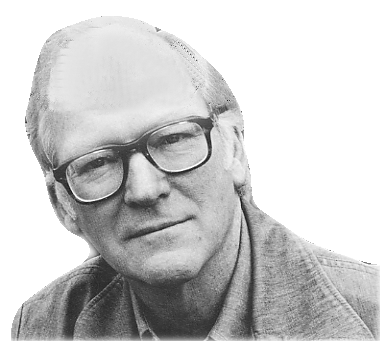Click here and press the right key for the next slide (or swipe left)
also ...
Press the left key to go backwards (or swipe right)
Press n to toggle whether notes are shown (or add '?notes' to the url before the #)
Press m or double tap to slide thumbnails (menu)
Press ? at any time to show the keyboard shortcuts
Davidson’s Challenge
‘We have many vocabularies for describing nature when we regard it as mindless, and we have a mentalistic vocabulary for describing thought and intentional action; what we lack is a way of describing what is in between’ \citep[p.\ 11]{Davidson:1999ju}
Why suppose there is any role for philosophers rather than scientists?
Part of the answer is provided by Donald Davidson.
The question is how humans come to know about objects, words, thoughts and other things.
In pursuing this question we have to consider minds where the knowledge is neither clearly
present nor obviously absent.
This is challenging because both commonsense and theoretical tools for describing minds are
generally designed for characterising fully developed adults.

‘if you want to describe what is going on in the head of the child when it has a few words which it utters in appropriate situations, you will fail for lack of the right sort of words of your own.
‘We have many vocabularies for describing nature when we regard it as mindless, and we have a mentalistic vocabulary for describing thought and intentional action; what we lack is a way of describing what is in between’
(Davidson 1999, p. 11)
I love this: Davidson says we will fail. So encouraging.
But why will we fail?
Is he suggesting the issue is merely terminological? Not quite ...
So this is the challenge. We are describing something which is neither mindless
nor involving full-blown thought and action. And, as Davidson observes, we lack
a way of describing what is in between.
The question about the origins of mind is in part a philosophical question because
answering it will require new conceptual tools.
This challenge is one that we will face again and again.